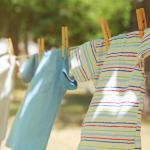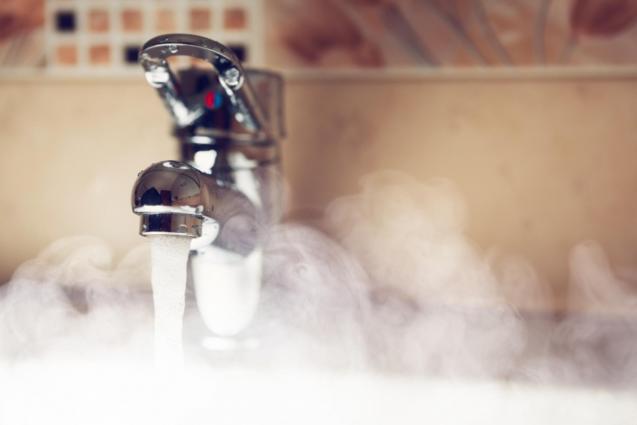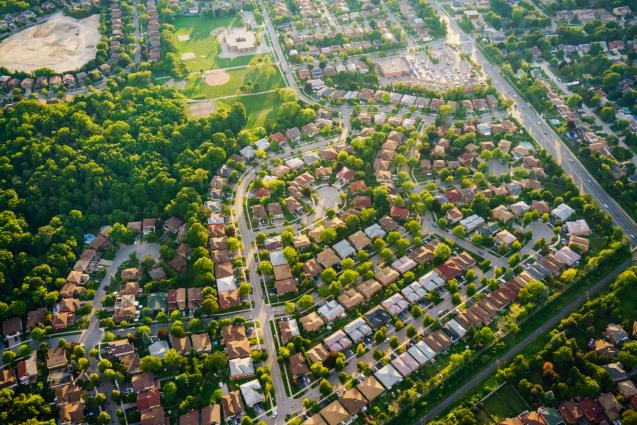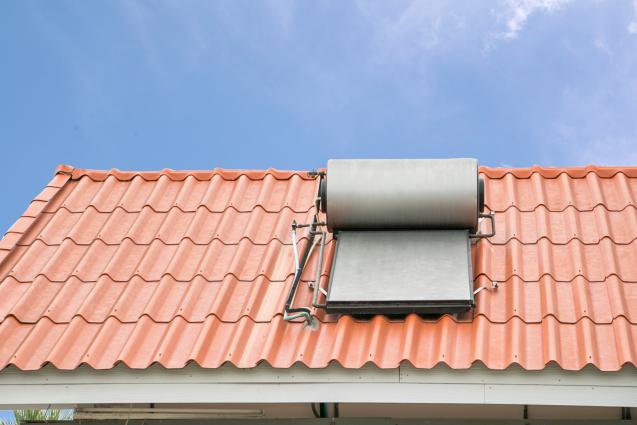
Causes of Blocked Drains
By Precise Plumbing and Electrical|August 13, 2019
Clogged drains are a common plumbing issue that most of us will face at some point in our homeownership journey. This is because there are so many items, objects, and other bits and pieces that can become stuck in your pipes and blockages, some of them you might not even expect.
When left untreated over time, this build-up has the potential to cause serious damage to your pipes, walls, floors and to your home in general. This can become a costly problem very quickly.
Attempting to fix the problem yourself will save you money up front, but remember, some blockages will require a licenced plumber to clear properly.
Common causes of blocked drains:
Tree roots
Often hidden below ground, tree roots can quickly become a huge problem. Roots from plants and trees in your garden, and those surrounding your property can wrap around pipes or even make their way into pipework through small cracks.
When planting trees and plants, it's important to take into consideration where your pipes are, and how much you can expect the roots to grow. Even if there aren't currently any cracks in your pipes, some tree roots can be strong enough to actually create a hole, leading to a potential future blockage. The older the pipe, the more brittle it can become, leading to a possible crack in the future.
Toiletries
Toiletries like wipes, sanitary pads, tampons, nappies and cotton swabs can cause blockages if flushed down the toilet. The only items that should be flushed down your toilet are toilet paper and human waste. Other items do not break down or dissolve in the water properly which causes blockages.
Even toilet paper can cause a blockage if too much is flushed at once. Be sure to only use a minimal amount.
Foreign objects
A common problem for families with small children, foreign objects such as small toys can cause large blockages. In bathrooms, it's best to make sure that sinks have a guard, so that small items can't go down the drain. When it comes to the toilet you can install a child lock and try and teach your children that the toilet is not something to play with.
Cooking oil
A common mistake in kitchens is pouring cooking oils and grease down the drain. When oils, grease and fats are poured down the drain they can collect, and then solidify, causing a blockage.
It's best to wait until the oil cools and then dispose of it properly, or save it in a container for future cooking use.
Food scraps
Food scraps such as leftovers, offcuts and food waste should never be put down the sink as they can become trapped and cause blockages. Use a compost bin to get rid of your food waste and put leftovers into the bin. A sign of this problem is a slight smell coming from the pipe.
Mineral build-up
Depending on where you live, your water may be 'hard'. The minerals in this type of water can become clogged along the lining of pipes over time, causing a blockage. A descaler can help to clear this, but to help prevent 'hard' water, build-up you can install a water softener.
Soap
Like cooking oil, some soaps contain substances that can solidify and cause blockages. Soap scum (the same kind you get on your shower) can also build-up in the lining of pipes. This is most common in the bathroom or laundry.
Hair
Hair is both a blessing and a curse. Hair, no matter what length, falls out when brushed or washed and is most often found in shower drains. To prevent this make sure your drain has a grill or cover that can catch the hair for easy removal.
Natural debris
Natural items such as leaves can clog outdoor drains. Make sure to routinely clear these drains or buy a grill cover to stop items becoming stuck in the drain.
Cat litter
Unlike human waste, cat waste often has lumps of cat litter attached to it. Litter is composed of clay, silica and sand, while brilliant for clumping waste, it is terrible in pipes. Make sure to dispose of cat litter in the garbage bin.
Need professional help?
If you're concerned about a potential blocked drain, contact a local licenced plumber.
When left untreated over time, this build-up has the potential to cause serious damage to your pipes, walls, floors and to your home in general. This can become a costly problem very quickly.
Attempting to fix the problem yourself will save you money up front, but remember, some blockages will require a licenced plumber to clear properly.
Common causes of blocked drains:
Tree roots
Often hidden below ground, tree roots can quickly become a huge problem. Roots from plants and trees in your garden, and those surrounding your property can wrap around pipes or even make their way into pipework through small cracks.
When planting trees and plants, it's important to take into consideration where your pipes are, and how much you can expect the roots to grow. Even if there aren't currently any cracks in your pipes, some tree roots can be strong enough to actually create a hole, leading to a potential future blockage. The older the pipe, the more brittle it can become, leading to a possible crack in the future.
Toiletries
Toiletries like wipes, sanitary pads, tampons, nappies and cotton swabs can cause blockages if flushed down the toilet. The only items that should be flushed down your toilet are toilet paper and human waste. Other items do not break down or dissolve in the water properly which causes blockages.
Even toilet paper can cause a blockage if too much is flushed at once. Be sure to only use a minimal amount.
Foreign objects
A common problem for families with small children, foreign objects such as small toys can cause large blockages. In bathrooms, it's best to make sure that sinks have a guard, so that small items can't go down the drain. When it comes to the toilet you can install a child lock and try and teach your children that the toilet is not something to play with.
Cooking oil
A common mistake in kitchens is pouring cooking oils and grease down the drain. When oils, grease and fats are poured down the drain they can collect, and then solidify, causing a blockage.
It's best to wait until the oil cools and then dispose of it properly, or save it in a container for future cooking use.
Food scraps
Food scraps such as leftovers, offcuts and food waste should never be put down the sink as they can become trapped and cause blockages. Use a compost bin to get rid of your food waste and put leftovers into the bin. A sign of this problem is a slight smell coming from the pipe.
Mineral build-up
Depending on where you live, your water may be 'hard'. The minerals in this type of water can become clogged along the lining of pipes over time, causing a blockage. A descaler can help to clear this, but to help prevent 'hard' water, build-up you can install a water softener.
Soap
Like cooking oil, some soaps contain substances that can solidify and cause blockages. Soap scum (the same kind you get on your shower) can also build-up in the lining of pipes. This is most common in the bathroom or laundry.
Hair
Hair is both a blessing and a curse. Hair, no matter what length, falls out when brushed or washed and is most often found in shower drains. To prevent this make sure your drain has a grill or cover that can catch the hair for easy removal.
Natural debris
Natural items such as leaves can clog outdoor drains. Make sure to routinely clear these drains or buy a grill cover to stop items becoming stuck in the drain.
Cat litter
Unlike human waste, cat waste often has lumps of cat litter attached to it. Litter is composed of clay, silica and sand, while brilliant for clumping waste, it is terrible in pipes. Make sure to dispose of cat litter in the garbage bin.
Need professional help?
If you're concerned about a potential blocked drain, contact a local licenced plumber.



